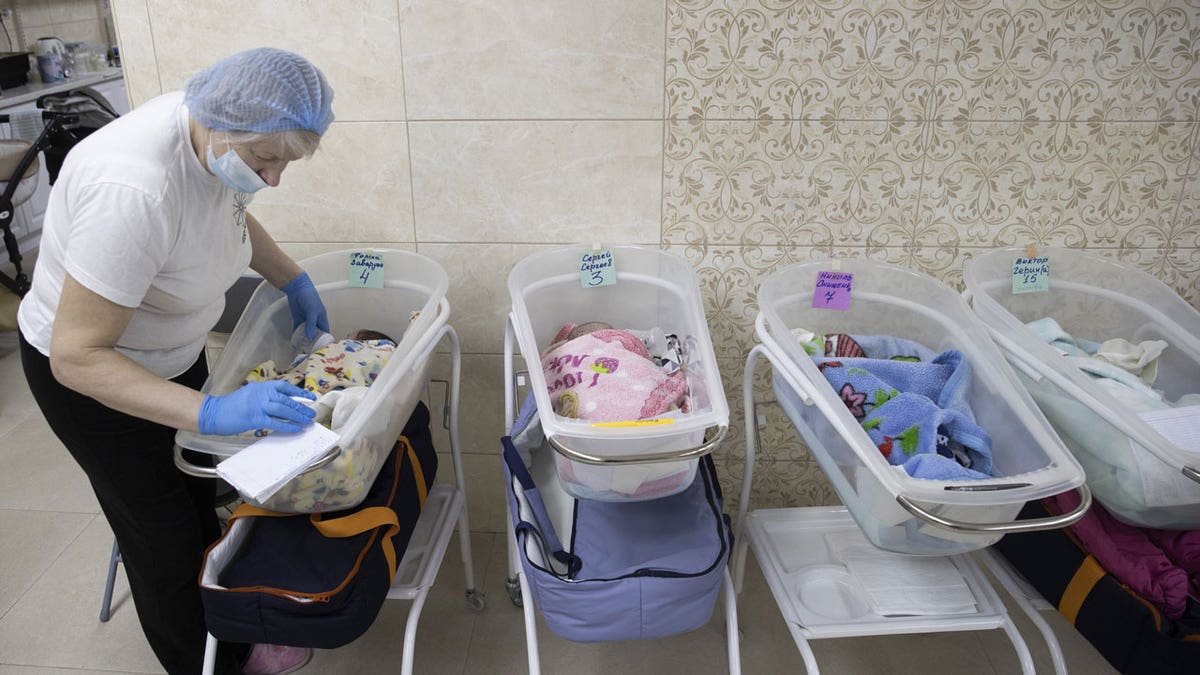Fox News Flash top headlines for December 8
Fox News Flash top headlines are here. Check out what's clicking on Foxnews.com.
The lower house of the Russian parliament on Thursday passed a bill banning foreigners from using Russian surrogate mothers.
The bill adopted by the State Duma mandates that only married Russian citizens or single Russian women who cannot give birth to a child for medical reasons will be able to use the services of surrogate mothers.
Commercial surrogacy is legal in Russia, but religious groups have criticized the practice as too commercial and linked it to crime.
Vyacheslav Volodin, the parliament speaker, said Thursday's decision was made in order to protect Russian children. According to Volodin, writing on Telegram last week, about 45,000 babies born by surrogate mothers have been taken abroad over "the past few years."
Proponents of the bill have often associated surrogacy with child trafficking and the organ trade. They have also criticized the use of surrogates by same-sex couples.
"The purpose of the law is to prohibit surrogacy for foreign citizens. Who is coming? We don’t know. Where are the children being taken? We don’t know either. These are our children," Volodin told the Duma.

Newborn babies are seen inside their cribs in Kyiv, Ukraine, on March 17, 2022. Surrogate-born babies cannot reunite with their biological families due to ongoing Russian attacks in Ukraine.
"They can be taken out in order to be used for (transplantation of) organs, into same-sex families. It is forbidden by law to take our children out. Children will automatically straight away receive Russian citizenship and will be protected," he added.
Under the bill passed Thursday, couples where one of the spouses is a Russian citizen will still be able to use Russian surrogate mothers. It stipulated that a child born by a surrogate mother in Russia would automatically be given Russian citizenship.
CLICK HERE TO GET THE FOX NEWS APP
To become federal law, the bill needs to be approved by the Federation Council, the upper house of Parliament, and signed by President Vladimir Putin.










































